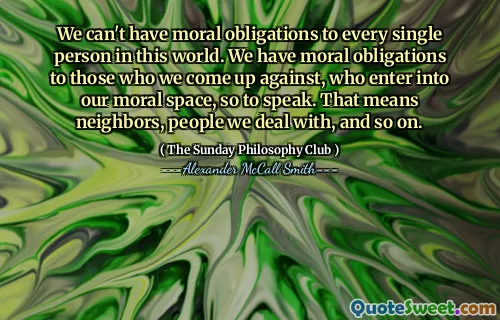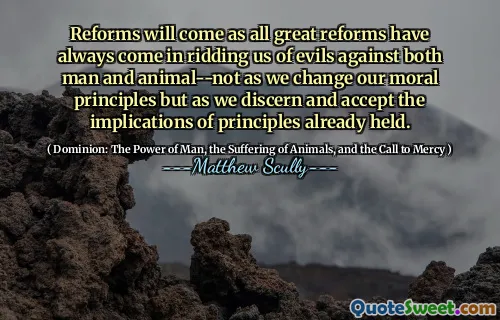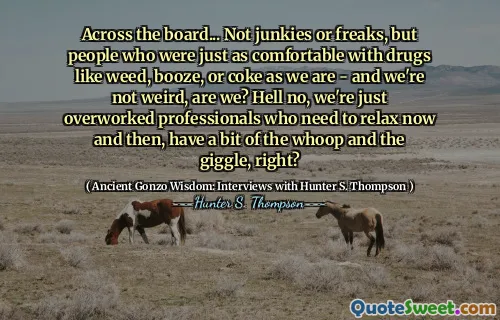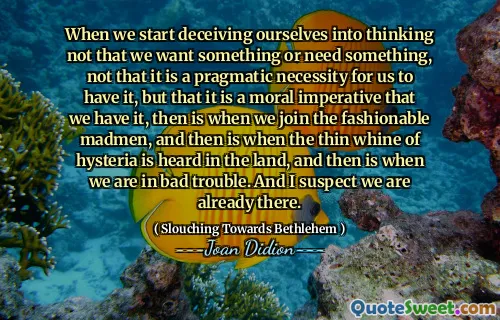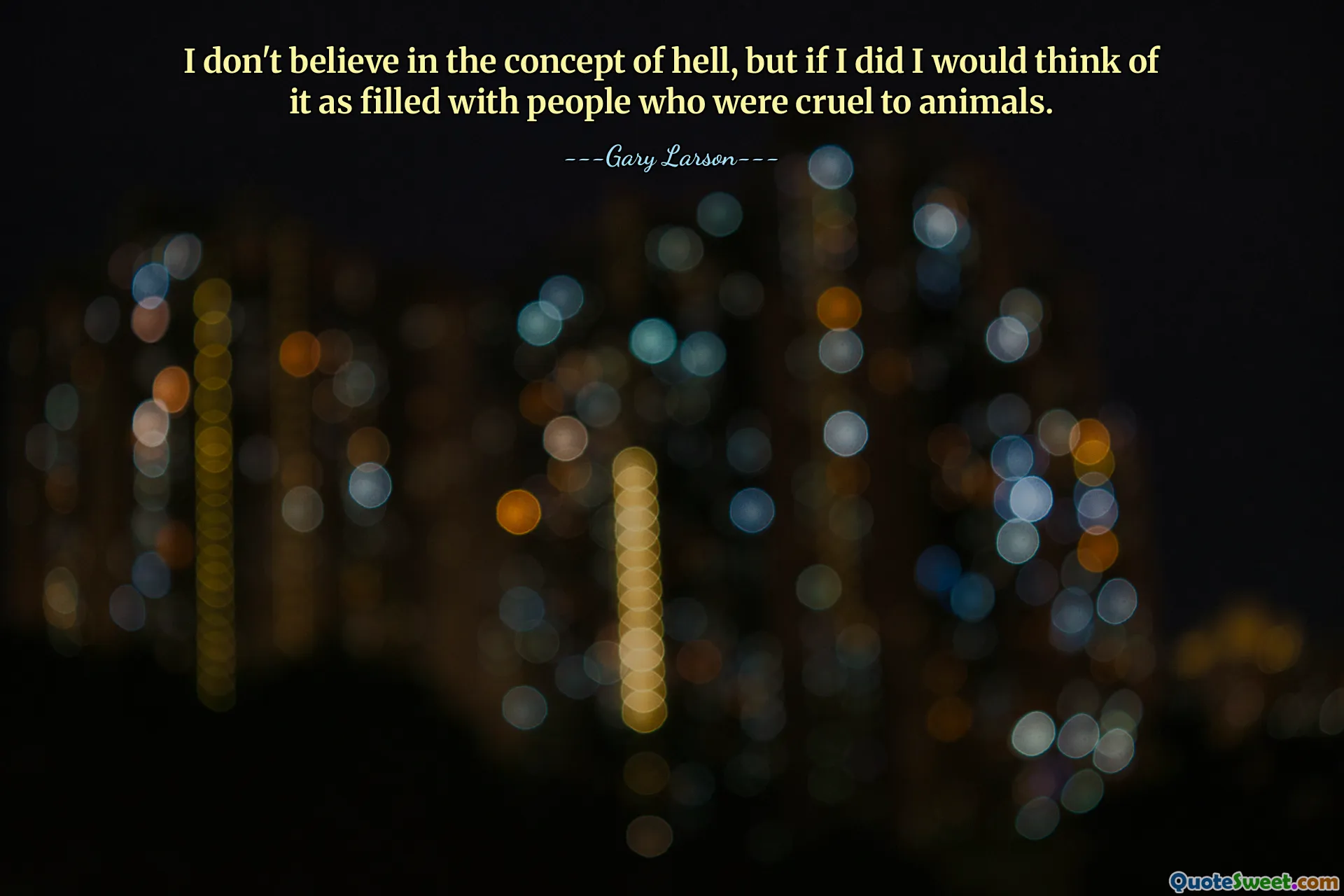
I don't believe in the concept of hell, but if I did I would think of it as filled with people who were cruel to animals.
This quote elegantly highlights the profound moral connection between our treatment of animals and the moral fabric of human society. It prompts us to consider that cruelty towards animals is not just a trivial or overlooked offense, but one that signifies a deeper disregard for empathy, kindness, and ethical standards. The idea that a Hell could be filled with those who harm animals underscores the view that such actions are perhaps among the gravest sins in the moral hierarchy. It serves as a reminder that compassion extends beyond human relationships and encompasses our duties towards other living beings. When we treat animals cruelly or neglect their well-being, it often reflects an underlying capacity for callousness that might translate into harmful behaviors towards humans as well. This perspective encourages us to reevaluate how we perceive morality: acts of kindness toward animals are not peripheral but central to our moral integrity. Furthermore, the quote challenges us to reflect on societal values, prompting discussions about animal rights, ethical treatment, and the importance of cultivating empathy from a young age. Recognizing that cruelty to animals is morally significant fosters a more compassionate society where kindness is celebrated and cruelty is condemned. Ultimately, the quote invites us to view compassion as an essential trait that shapes the kind of beings we aspire to be, insinuating that the absence of empathy can lead to a kind of moral decay, whether in the context of personal ethics or societal standards.






